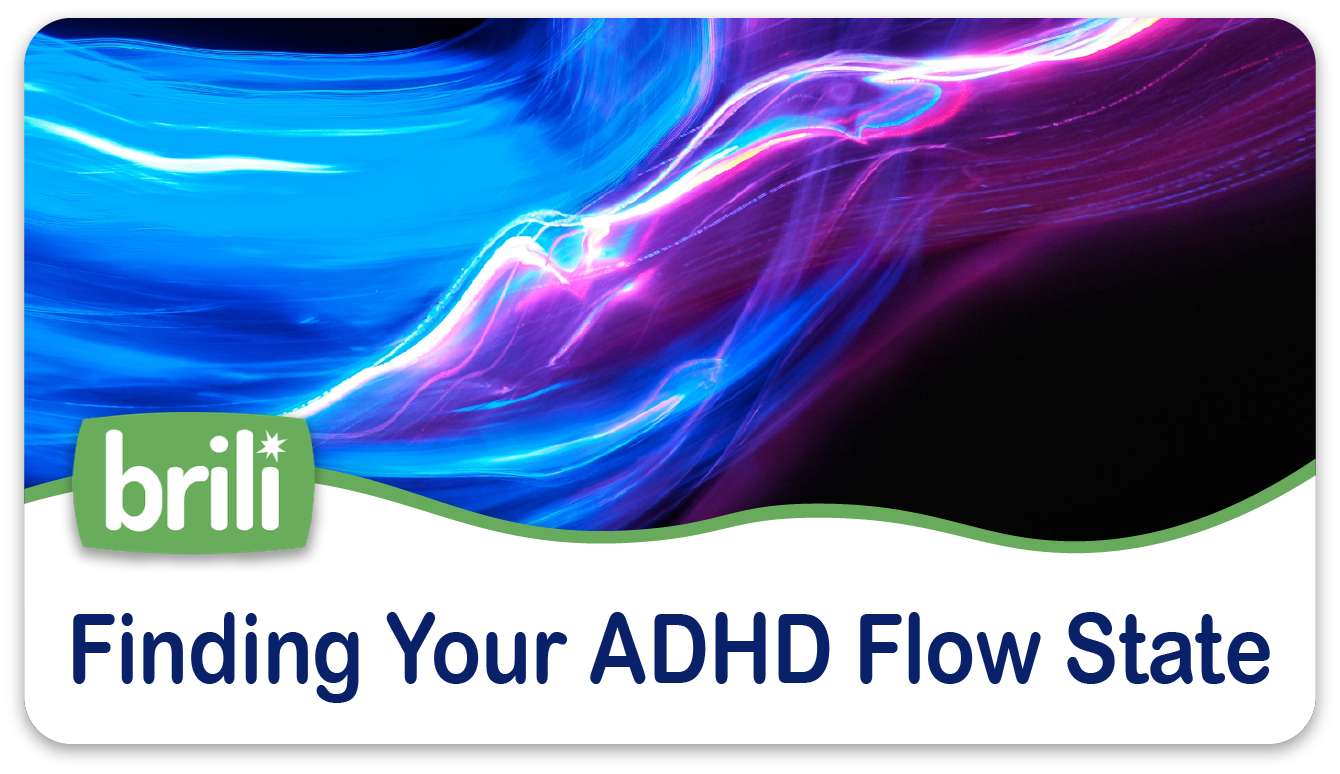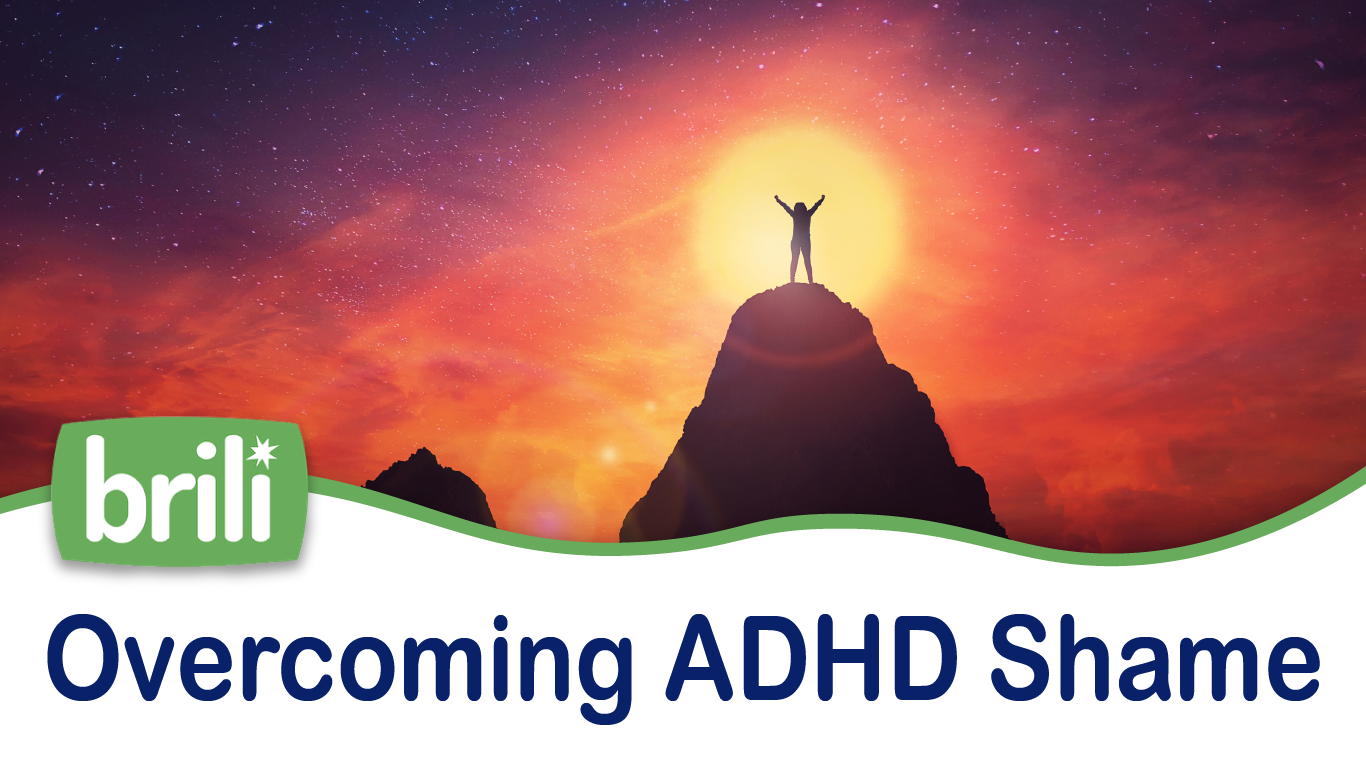Most people with ADHD are probably familiar with the feelings of guilt, embarrassment, and shame. It may have started in kindergarten and often continues at work, in your relationships, and while keeping up with your household chores.
You might feel like you're constantly falling short of expectations or that you're just not measuring up to the people around you. You might fear to be criticized and rejected. These feelings can be overwhelming, painful, and isolating, especially if you are concentrating on them more than on all of your many strengths which you surely have. Yes, surely!
What is the reason for this shared experience in the ADHD community? ADHD wires your brain differently, affecting your executive functioning skills, such as organization, time management, and impulse control which are valued skills in our modern world. This can make it difficult to keep up with responsibilities and obligations, leading to feelings of guilt and embarrassment.
Let's say, you forget to pay a bill on time, you may feel embarrassed and guilty for not being able to manage your finances effectively. Similarly, if you struggle with completing tasks at work, you may feel ashamed of your performance and worry about what others think of you. That's why many ADHD brains choose perfectionism and masking strategies to cope - but at what costs!
Overcoming the feeling of shame starts with acknowledging that "normal" doesn't exist and you are how you are meant to be, just like the hundreds of millions of people out there with ADHD – diagnosed or not. It's how your brain works, and there's no reason to feel ashamed of it.
Exploring your individual strengths can be eye-opening: Did you ever ask people around you what they think you're really good at? You'll be surprised how long that list might get. Reminding yourself of your strengths, talents, and accomplishments, can lift you up when you're feeling down.
Practicing self-compassion is equally important: Be kind to yourself. Recognize that ADHD is a part of who you are, and that you're doing the best you can. Don't beat yourself up over things you can't control. Instead, write a kind statement to yourself in your journal, on a sticky note, or on your mirror.
Taking responsibility for your actions can make all the difference in your social life: Remember that ADHD is neither your fault nor an excuse, it's taking responsibility that counts. If you make a mistake or forget to do something, own up to it and take steps to fix it.
Always remember, you are not alone, and building a support system will help you overcome shame: Surround yourself with people who understand and support you. Seek out friends, family members, or a therapist who can help you navigate your emotions, gain new perspectives, and offer encouragement.
Yes, shame and ADHD can be difficult to navigate, but don't let shame hold you back from pursuing your dreams and reaching your full potential. You are not defined by your ADHD. You are a complex, beautiful person with strengths and weaknesses, and you deserve to be proud of who you are.

